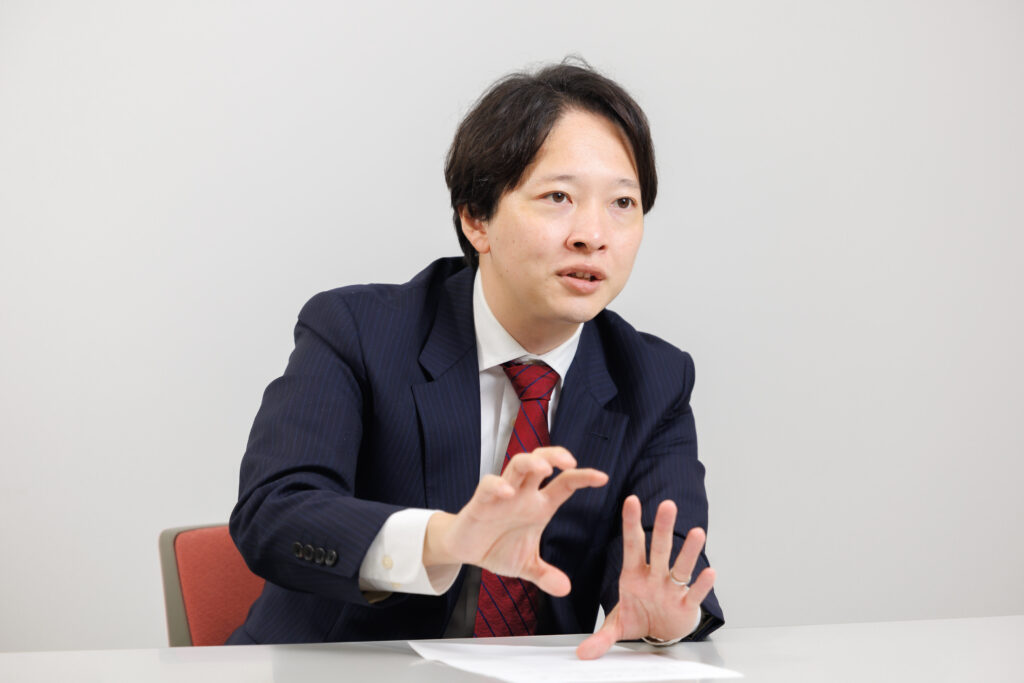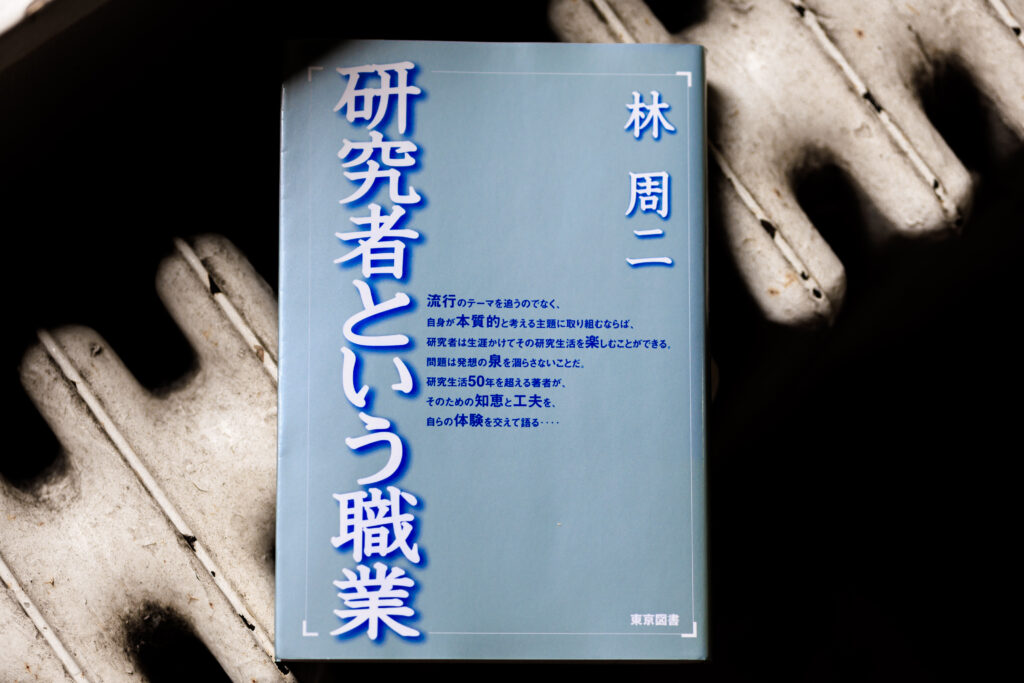
Associate Professor Taku Togawa of the Faculty of Economics specializes in marketing strategies and consumer behavior; he is currently researching “sensory marketing,” which seeks to appeal to the five senses. Here, he discusses what, exactly, this new form of marketing is, and how it incorporates Sustainable Development Goals (SDGs)perspectives and encourages ethical choices.
Imagine that a person is walking down a high street, and enters a cafe to buy a cup of coffee. Why has this person chosen this particular cafe to buy their coffee? Perhaps they were pulled in by the smell of coffee drifting out from the cafe; or perhaps they were drawn to the smart decor, and decided to take a break. As you can see, a person can choose to carry out the same action of “buying a coffee” for different reasons.
In my research, I investigate how the five senses of sight, sound, smell, taste, and touch influence purchasing behavior. This belongs broadly to the field of marketing and—since it pertains to how marketing appeals to the five senses—more narrowly to the field of sensory marketing.
From a sensory marketing standpoint, the above example of coffee-buying can be understood such that the aromas of the coffee appealed to the consumer’s sense of smell, or that the smart decor of the cafe appealed to their sense of sight.
The impact of packaging design on consumer behavior

Recently, I have been focusing on the subconscious effects that sensory experiences exert on us. In contrast to willfully choosing to do something, “subconscious effects” is a term describing the alteration of consumers judgments and behaviors without their awareness.
Many researchers have examined and found beneficial insights about this effect. For example, Dr. Xiaoyan Deng and Dr. Barbara Kahn conducted experiments to investigate how the location of packaging imagery influenced consumer perceptions of the product. Interestingly, the results showed that the lower location (i.e., placing product imagery on the bottom versus top of the package façade) made the product appear heavy. This result suggests that rather than actually handling the product to determine the weight, consumers can automatically infer product weight based on the package design.
Along with my coauthors, I have conducted similar experiments to further examine how the location of product imagery affected consumer perceptions and judgments of food products. A series of experiments revealed that food imagery placed on the bottom (vs. top) of the package façade enhanced perceived heaviness in flavor, which in turn led to satiety and decelerated the volume consumed.
This has long been understood heuristically by marketers and graphic designers, and utilized in the creation of packaging designs and advertising.
As marketing researchers, our role is to identify unverified practical knowledge, theorize it using scientific methods, and publish study findings so that many stakeholders, including marketers, consumers, and policymakers, can take advantage of them to address their problems.
Encouraging better choices
For many years, marketing was considered to be activities to communicate product benefits effectively to consumers, and encourage them to purchase and be satisfied with it.
In recent years, however, the concept of marketing emphasizes the importance of the SDGs perspectives as well as sales and profits. Going forward, marketing will aim to encourage consumers to consider human and social factors and to make more ethical choices when purchasing products.
Existing research indicates that many consumers understand that there can be good and bad choices when it comes to purchasing—that is, that purchasing one product over another product is better for society—but they are unable to manifest this understanding in their actual purchasing behavior.
They are inhibited by various factors, such as concerns about an ethical product’s quality, for example, or a resistance to higher prices.
I believe that sensory marketing—which encourages consumers to alter their behaviors by appealing to their senses—will play a significant role in overcoming these negative associations, anxieties, and other barriers to making good purchasing choices.
The book I recommend
“Kenkyusha to iu shokugyo”(The job of a researcher)
by Shuji Hayashi, Tokyo Tosho

Some books you only read once; others make you want to read them over and over again. For me, this book falls unmistakably into the latter category. The author tells of the lifestyle and mindset required of a researcher with great understanding. Every time I read it, I feel motivated to do better.
-
Taku Togawa
- Associate Professor
Department of Management
Faculty of Economics
- Associate Professor
-
Associate Professor Taku Togawa is a specialist in marketing and consumer behavior. He received his Ph.D. in commerce from the Graduate School of Commerce, Waseda University . After working as an assistant at the Faculty of Commerce, Waseda University , then as a full-time lecturer and associate professor at the Faculty of Commerce and Economics, Chiba University of Commerce , Togawa was appointed to his current job in 2020.
- Department of Management
Interviewed: August 2023